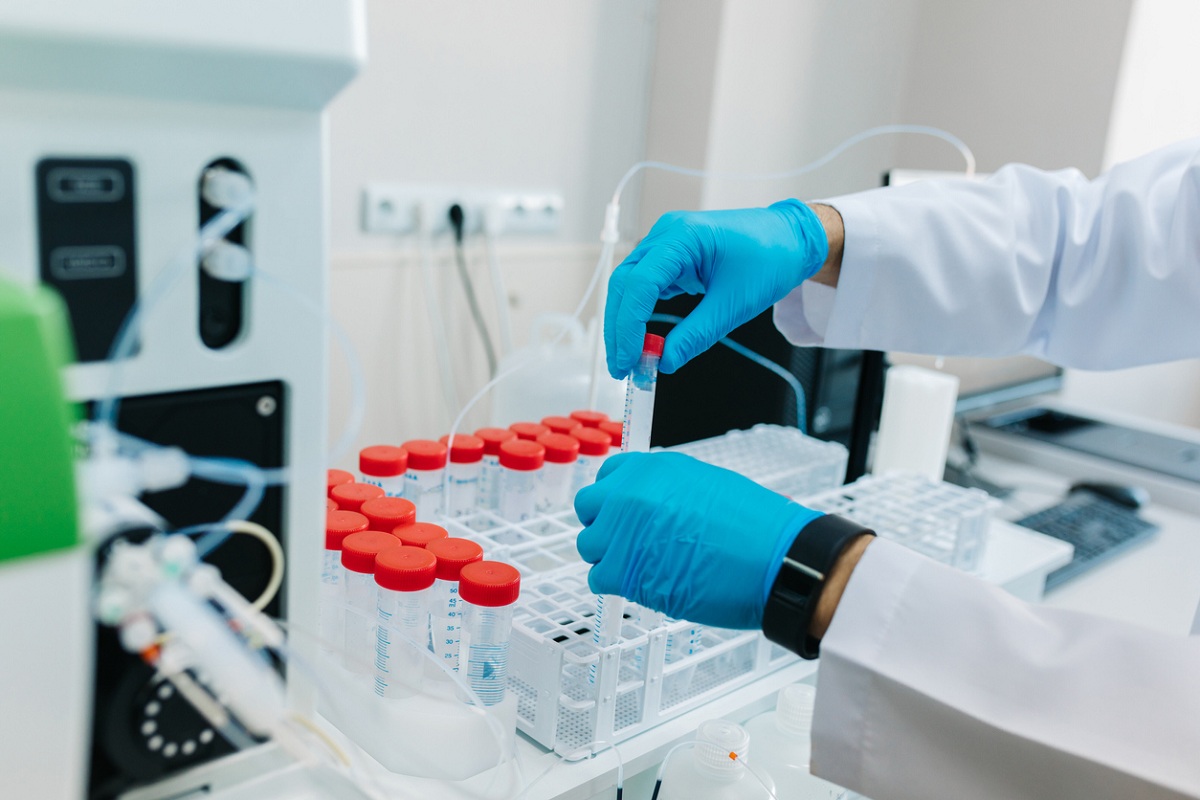After 15 years of research, two institutes in Chandigarh – Post-graduate Institute of Medical Education and Research (PGIMER) and CSIR-Institute of Microbial Technology (IMTECH) – have discovered a new pathogenic bacterial species causing sepsis.
Prof Vikas Gautam, department of medical microbiology (PGIMER) and Dr Prabhu Patil, principal scientist, (CSIR-IMTECH) have discovered a new species of a bacterium that causes serious infections, especially in intensive care unit (ICU) patients.
Advertisement
The species was detected in a patient admitted at PGIMER, prior to the Covid-19 pandemic, a few years back. The species has been named “sepilia” as it was isolated from blood infection leading to sepsis (in simple terms a whole-body infection that causes one in five deaths worldwide) in a patient.
A high death rate ranging from 20 to 60 per cent has been found associated with various kinds of infections caused by this bacterium that includes pneumonia and blood infections, due to lack of appropriate antibiotic therapy.
The common high-end antibiotics used in ICU patients don’t work on this organism. One has to first correctly identify this bacteria and then the right kind of antibiotic is to be given to the patient based on the testing laboratory report.
Dr Gautam initiated research in 2005 on this difficult subject to identify human pathogens. In 2009, to overcome the problem of their identification, Dr Gautam and the team in collaboration with Peter Vandamme (Researcher, Belgium group) standardised simple tests for identification by a routine microbiology laboratory.
Around the same time, Dr Patil also started working on this bacterium in environmental samples.
In 2012, for the first time in India, this team carried out a genomic study of a similar bacterium on the samples and linked the infection with its source without any help from foreign counterparts or expertise.
Extending their years of meticulous hard work, in 2018, both have reported the new genomospecies of this bacterium. This new species isolated from a clinical specimen has the potential to replace the leading species of this organism as this species has been identified in eight patients at PGIMER.
While several novel species of bacteria have been reported from India, almost all are from environmental samples or resident flora from healthy human body samples. This is probably the first report from India reporting a new human pathogenic species in a bacterium. This work has been published in New Microbes and New Infections, a leading journal by Elsevier.
Sepsis is a life-threatening organ dysfunction caused by a dysregulated host response to infection. If not recognized early and managed promptly, it can lead to septic shock, multiple organ failure and death. It is most frequently a serious complication of infection, particularly in low- and middle-income countries where it represents a major cause of maternal and neonatal morbidity and mortality.











